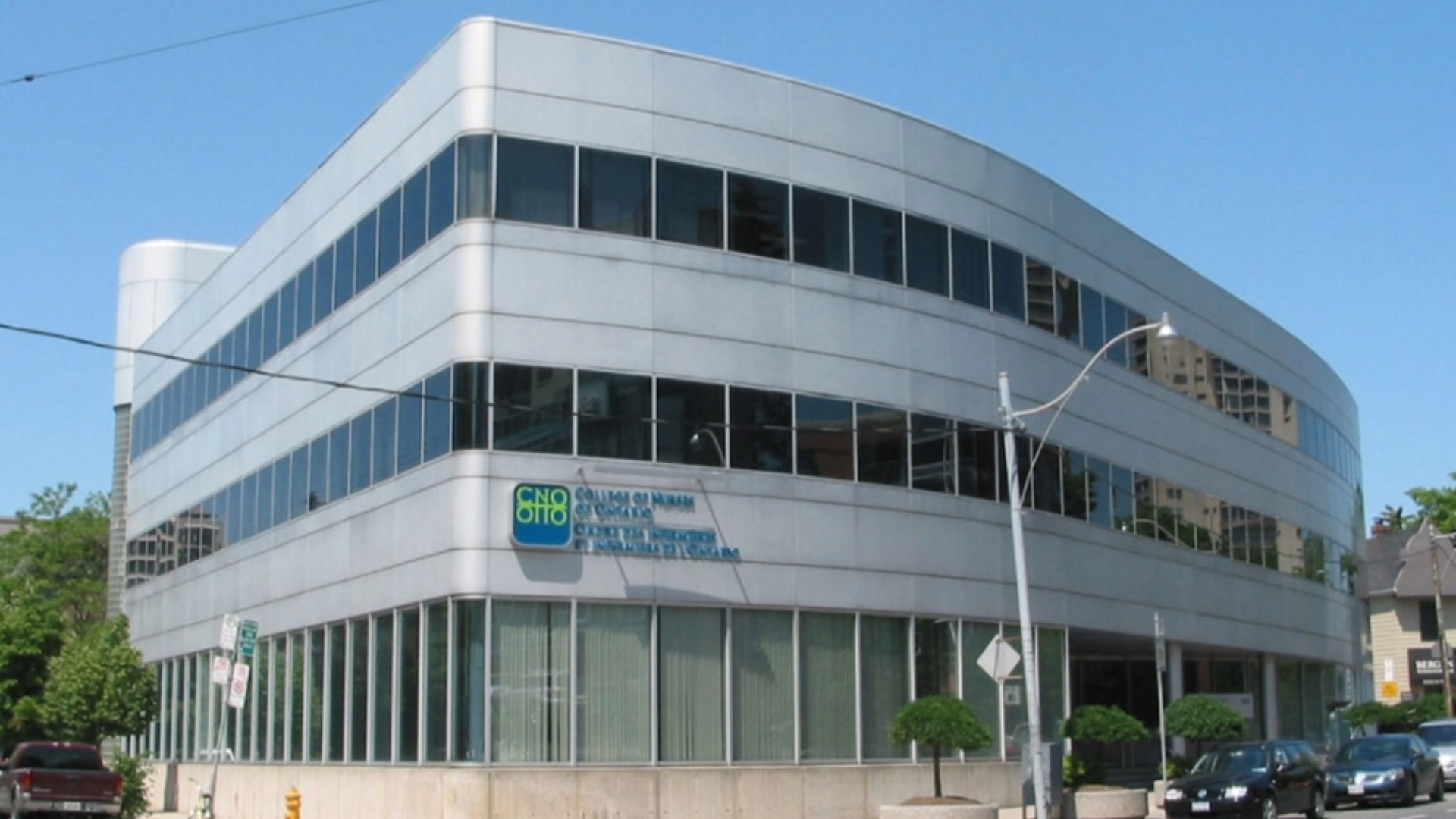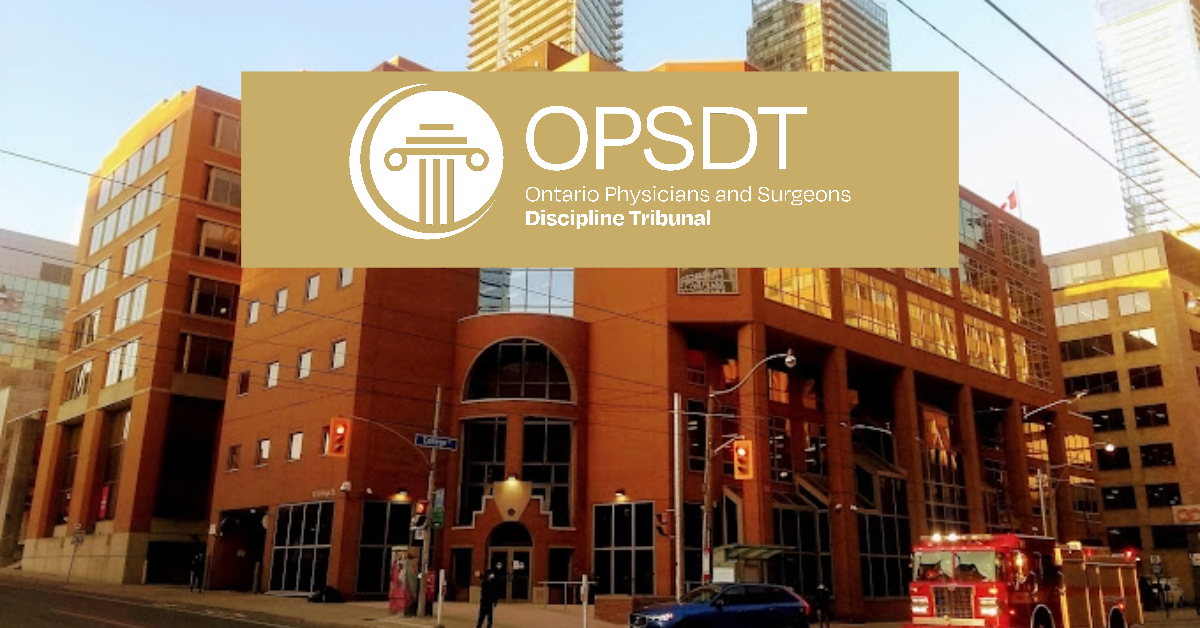
Nurse Alters Morphine Record, Patient Dies: CNO Orders Permanent Resignation
A Profound Breach of Trust in End-of-Life Care In CNO v. Lindsey Coyle, the Discipline Committee of the College of Nurses of Ontario addressed one

On July 13, 2023, the Ontario Physicians and Surgeons Discipline Tribunal (“OPSDT”) revoked the medical license of Dr. Albert Kadri, a nephrologist from Windsor, in addition to ordering him to pay $250,510 in costs as a result of a previous finding that he had committed professional misconduct and that he was incompetent.
FACTS
Nephrology is a medical specialty that focuses on the diagnosis, treatment, and management of acute and chronic kidney problems and diseases. Dialysis, which is a procedure to remove waste products and excess fluid from the blood when the kidneys are not working properly, is a treatment modality that is commonly managed by nephrologists.
The conduct giving rise to Dr. Kadri’s revocation from the practice of medicine in Ontario was dealt with in a previous OPSDT decision, College of Physicians and Surgeons of Ontario v. Kadri, 2023 ONPSDT 10 (CanLII).
The essence of the concerns arose after the Windsor Regional Hospital (the “Hospital”) decided to implement a new model of care for renal patients after external consultation. The new model included:
This new model of care by the Hospital would have an impact on how Dr. Kadri would manage patients and bill OHIP. He objected to this new model alleging it was neither safe nor in the patient’s best interests. The OPSDT disagreed and found Dr. Kadri to have:
Furthermore, the OPSDT found that Dr. Kadri displayed a lack of judgment in his professional care of patients by his persistent refusal to abide by Hospital policies to his patients’ detriment. He showed no remorse for any of his actions during the hearing. Dr. Kadri’s lack of judgment led to the OPSDT’s finding of incompetence.
Dr. Kadri also failed to comply with an order of the Inquiries, Complaints and Reports Committee (“ICRC”). Most significantly, after being mandated to transfer the care of his patients, he effected the patient transfers in the most disorderly way possible. He left the transfers to the last minute such that some patients were not transferred within the required timeline and he did not advise his patients of the transfers; instead, on some occasions he gave his patients and their families misleading information. Ultimately, the late and disorganized patient transfer resulted in patient confusion, distress, and delays in care.
The OPSDT observed that Dr. Kadri’s failure to comply with the terms of the ICRC order is a very serious matter. An order of this nature is put in place to protect the public and must be honoured. Dr. Kadri’s failure to do so demonstrates disrespect for the authority of his governing body, undermines the CPSO’s authority, and compromises the CPSO’s ability to fulfill its primary mandate, the protection of the public.
DECISION
The OPSDT revoked Dr. Kadri’s licence and ordered him to pay costs of $250,510 for the lengthy tribunal hearing over his competence. In so do, the OPSDT made the following finding (at para. 23):
Dr. Kadri is entrenched in his belief of the propriety of his actions. He has no insight into how his actions impacted not only his patients but also his nephrology colleagues, hospital staff, and a young physician who considered him his mentor. Dr. Kadri did not present any evidence that he would make changes or would abide by terms, conditions or limitations on his certificate of registration. On the contrary, he has already shown that he is not prepared to abide by terms, conditions or limitations, as evidenced in his failure to comply with the ICRC orders. If a physician has no insight into his deficiencies and is not willing to change, remediation is not possible. See College of Physicians and Surgeons of Ontario v. Hill, 2017 ONCPSD 21; aff’d Hill v. College of Physicians and Surgeons of Ontario, 2018 ONSC 5833. In such cases, nothing short of revocation will protect the public.
Decision Date: July 13, 2023
Jurisdiction: Ontario Physicians and Surgeons Discipline Tribunal
Citation: College of Physicians and Surgeons of Ontario v. Kadri, 2023 ONPSDT 15 (CanLII)
Media: Tribunal rules Kadri ‘incompetent;’ Windsor doctor says he only challenged care model, Kidney doctor loses court appeal of Windsor Regional Hospital decision

A Profound Breach of Trust in End-of-Life Care In CNO v. Lindsey Coyle, the Discipline Committee of the College of Nurses of Ontario addressed one

What College of Physicians and Surgeons of Ontario v. Thirlwell, 2026 ONPSDT 5 Means for Patients and Public Trust In College of Physicians and Surgeons